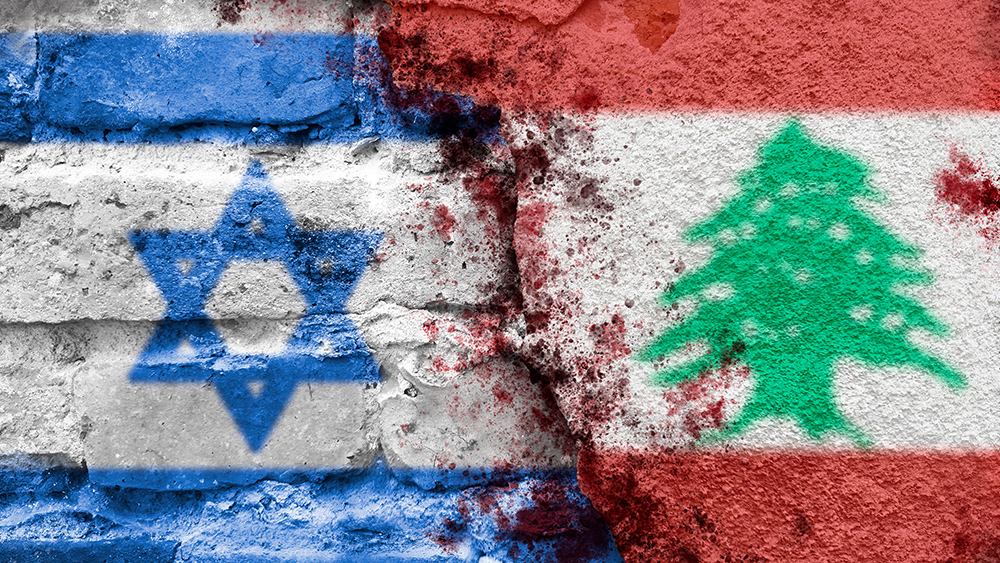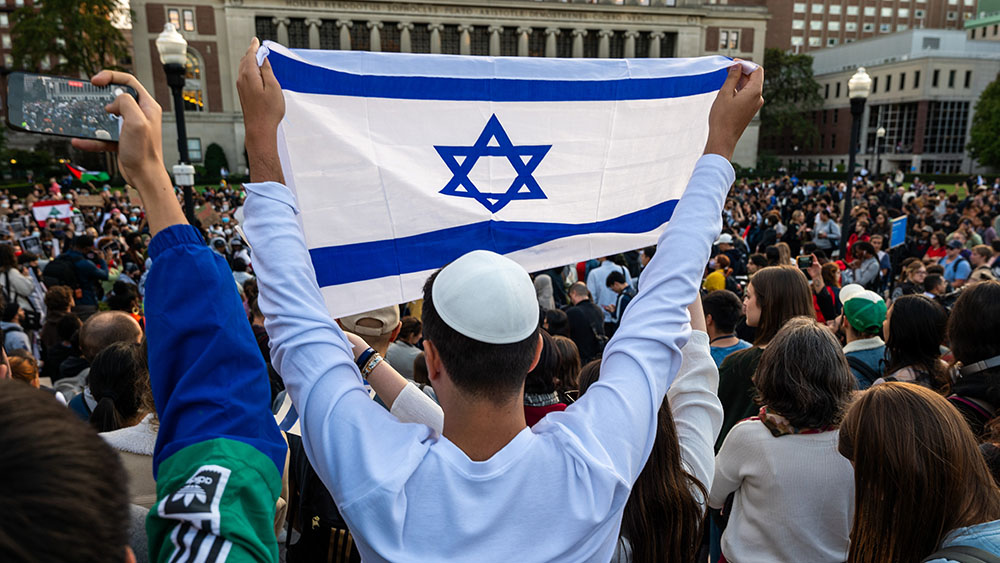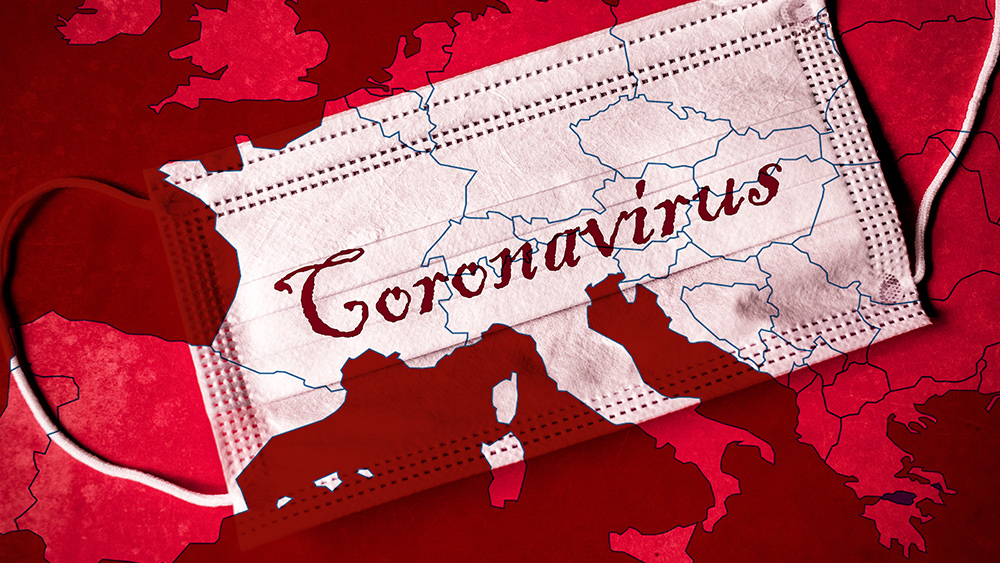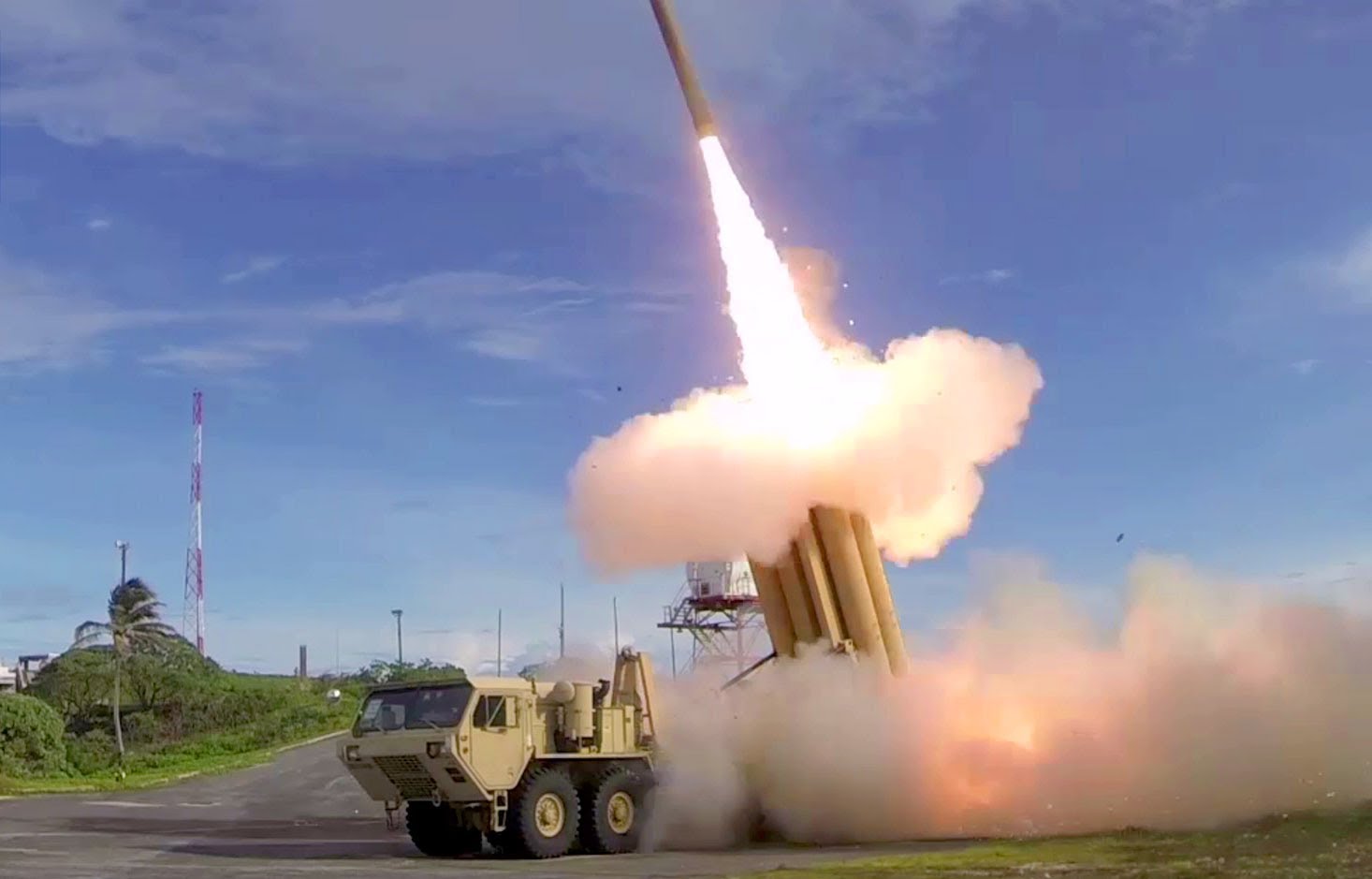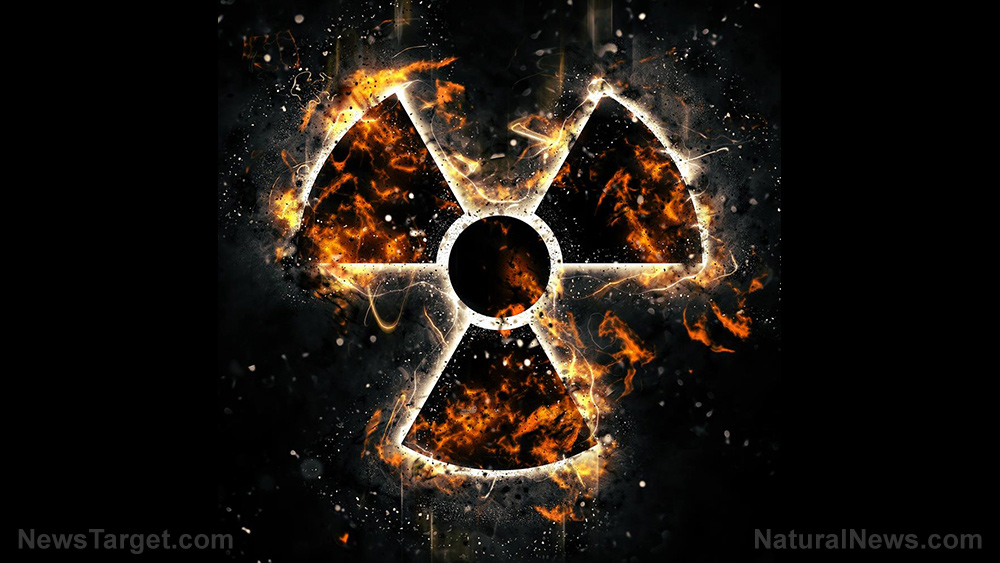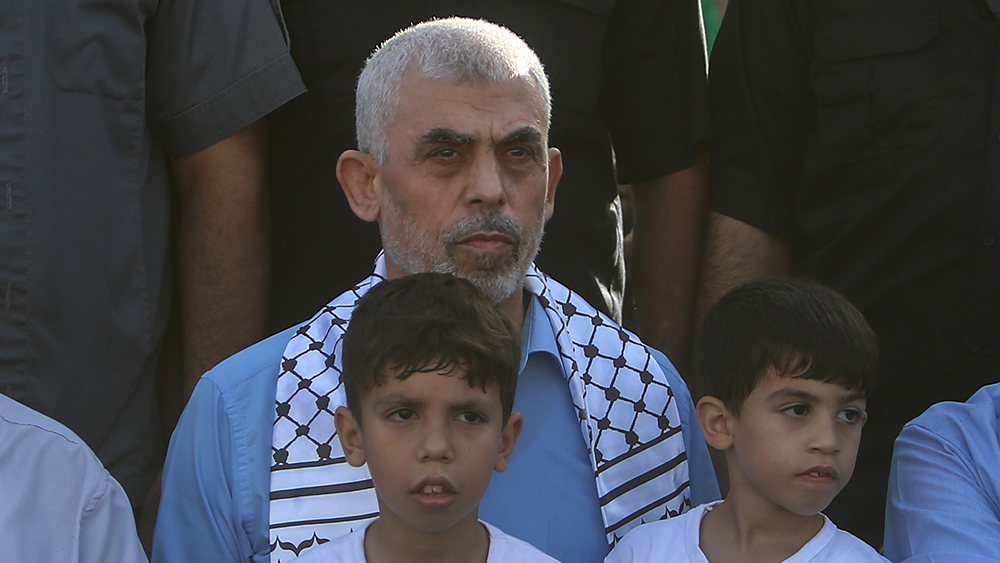Humanitarian CATASTROPHE: Israeli blockade has deliberately left over 90% of Gaza starving
10/22/2024 / By Richard Brown
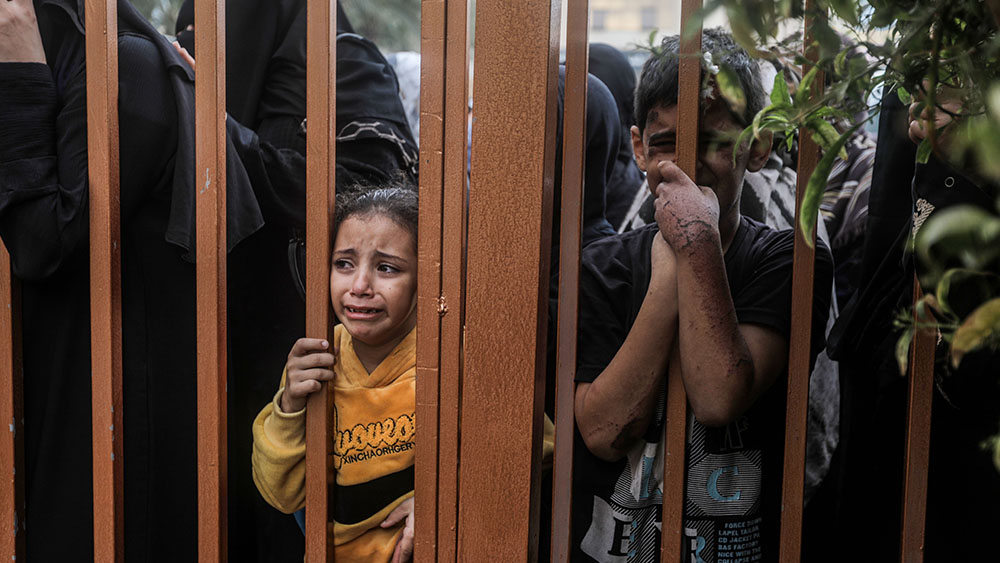
The humanitarian crisis in the Gaza Strip has escalated to alarming levels, with the entire population at risk of famine and experiencing severe food insecurity.
Recent assessments by the United Nations’ Food and Agriculture Organization’s Food Security Analysis Unit, using the Integrated Food Security Phase Classification (IPC) scale, indicate that approximately 1.84 million people in Gaza are facing acute food shortages, while around 133,000 individuals are classified as suffering from “catastrophic” food insecurity. The situation is poised to worsen as the Israeli military intensifies its operations in the region.
Since Oct. 1, no humanitarian aid, including food and medical supplies, has entered northern Gaza due to heightened military actions by Israeli forces. This blockade has significantly increased the vulnerability of residents, who are already struggling to meet their basic needs for food, water, and healthcare. The IPC’s report suggests that, without immediate intervention, the number of individuals facing catastrophic hunger could nearly triple in the coming months.
According to the IPC’s analysis conducted between September 30 and October 4, between November 2024 and April 2025, nearly two million people — over 90 percent of Gaza’s population — are expected to experience IPC Phase 3 (Crisis) or higher levels of food insecurity. This includes approximately 345,000 individuals (16 percent) classified in IPC Phase 5, categorized as Catastrophe, and 876,000 people (41 percent) in IPC Phase 4, labeled as Emergency.
UN officials have condemned the situation, describing it as “beyond terrifying.” UN High Commissioner for Human Rights Volker Turk emphasized that the crisis is primarily the result of decisions made by Israeli authorities, who he believes have the power to change the circumstances urgently. He warned that using starvation as a method of warfare constitutes a war crime.
While there was a temporary increase in humanitarian aid earlier this year, access to food and essential supplies has become increasingly restricted since September. Reports indicate that Israel has halted the processing of requests from traders seeking to import food into Gaza, further choking off vital supplies. The IPC warns that the risk of famine looms over the entire region, with particular concern for areas like Rafah and northern Gaza.
In recent weeks, the Israeli military has ordered the evacuation of approximately 400,000 residents in northern Gaza, which has exacerbated the humanitarian crisis. As military operations escalate, many people remain trapped in their homes, unable to access food and other necessities. The Jabalia refugee camp has been a focal point of military action, with residents fearing that this campaign is part of a broader strategy to depopulate northern Gaza.
As conditions continue to deteriorate, reports from within Gaza indicate that many families are going hungry. A resident from Jabalia expressed particular concern over the scarcity of fresh water, food and fuel – essential resources for cooking. With supplies running low, families are relying on limited distributions of what little aid is available from pre-existing stocks.
UN: There is “no doubt” famine exists in Gaza
UN Secretary-General Antonio Guterres has voiced alarm over the IPC’s findings, labeling the situation as intolerable. He has called for the immediate opening of crossing points and the removal of bureaucratic impediments to facilitate the delivery of life-saving humanitarian assistance.
Human rights experts have underscored the severity of the crisis, with 10 independent UN experts stating there is “no doubt” that famine exists across Gaza. They have accused Israeli authorities of implementing a “targeted starvation campaign” through ongoing bombardments and blockades, leading to widespread malnutrition and starvation among the population.
To officially classify a region as experiencing famine, specific criteria must be met: at least 20 percent of the population must face extreme hunger, 30 percent of children must be malnourished, and the death rate must double from the average.
The ongoing conflict in Gaza has precipitated a humanitarian disaster, with families facing dire shortages of food and water. The international community is increasingly calling for action to alleviate the suffering and address the urgent needs of the population. As the situation continues to evolve, the potential for famine looms large, demanding immediate attention and intervention to prevent further loss of life.
Watch this clip of Israeli Ambassador to the United Nations Danny Danon being confronted with the fact that Gaza is being starved to death by Israel’s siege.
This video is from the channel Cynthia’s Pursuit of Truth on Brighteon.com.
More related stories:
Blinken buried reports indicating Israel blocked aid to Gaza so U.S. would keep sending them weapons.
Aid groups: Israel blocks 83% of food aid to Gaza, triggering severe humanitarian crisis.
Sources include:
Submit a correction >>
Tagged Under:
big government, chaos, Collapse, famine, food aid, food collapse, Gaza, humanitarian, humanitarian aid, humanitarian crisis, hunger, Israel, Israel-Palestine war, Palestine, starvation
This article may contain statements that reflect the opinion of the author
RECENT NEWS & ARTICLES
COPYRIGHT © 2017 COLLAPSE.NEWS
All content posted on this site is protected under Free Speech. Collapse.news is not responsible for content written by contributing authors. The information on this site is provided for educational and entertainment purposes only. It is not intended as a substitute for professional advice of any kind. Collapse.news assumes no responsibility for the use or misuse of this material. All trademarks, registered trademarks and service marks mentioned on this site are the property of their respective owners.

